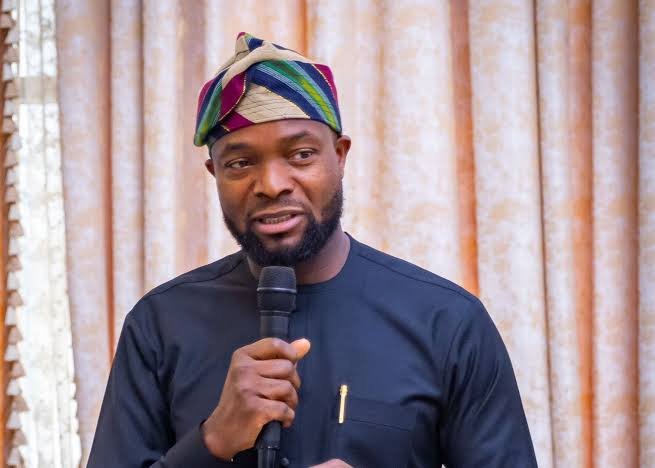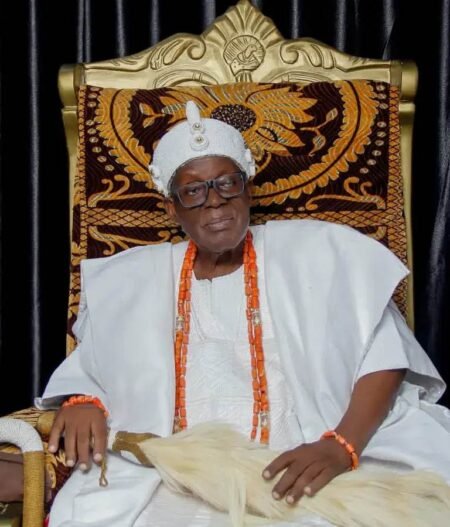The Minister of Communications, Innovation, and Digital Economy, Bosun Tijani, on Tuesday defended the decision of the Federal Government to approve a 50 percent tariff hike for telecom services, despite widespread backlash and legal threats from advocacy groups and subscribers.
Minister Tijani, who spoke as he appeared before lawmakers to defend the ministry’s budget, explained that the tariff hike was driven by broader economic pressures, including rising inflation and the cost of imported goods.
“Rising inflation and operational costs are the reasons for the recent tariff increase,” Tijani, who is also spearheading the country’s ambitious 90,000-kilometre fibre project, explained to the lawmakers.
Furthermore, he said, “What most people don’t pay attention to is that historically, we’ve left investment in telecommunications infrastructure to private companies. And these private companies will only go to where they can make money. They use a data set, called night-time satellite data, which will look down on the economy at night.
“They will see where light exists, and that’s where they will put their money. Because those lights, for them, indicate economic activities.”
The National Association of Telecoms Subscribers and the Socio-Economic Rights and Accountability Project (SERAP) said they plan to challenge the tariff increase in court, describing it as burdensome and unlawful.
The President of NATCOMS, Adeolu Ogunbanjo, told Chronicle NG on Tuesday that the association would engage the telecom regulator, NCC, this week in an attempt to reverse the hike to 10 percent.
However, NATCOMS will pursue legal action the next week if the meeting is called off or does not produce results.
Although the organisation might agree to a small tariff hike of five to ten percent, Ogunbanjo clarified that anything higher would be considered intolerable.
SERAP called the tariff hike “illegal” and gave a 48-hour deadline to rescind it.
In a statement on its official X account, SERAP tweeted, “The Tinubu administration and telcos must immediately reverse the unlawful increase in calls and data costs. If the 50% tariff increase is not revoked within 48 hours, we’ll see in court.
Many Nigerians are upset about the growing cost of basic communication services, and the tariff increase—a necessary step to keep the telecom sector operating—has generated discussions.
Subscribers contend that low-income individuals who depend on reasonably priced call and data services for their everyday activities are disproportionately impacted by the decision.
Citing the need to address the industry’s growing operational costs, the NCC approved the tariff adjustment for the telcos aiming for 100 percent on Monday.
The NCC said in a statement signed by Reuben Muoka, Director of Public Affairs, that the adjustment is the first tariff revision since 2013.
In contrast to the initial proposal by certain operators for an increase of over 100 percent, the regulator limited the adjustment to a maximum of 50 percent.
In addition to attempting to strike a balance between the interests of customers and the industry’s sustainability, the NCC characterised the decision as a calibrated response to the mounting financial challenges faced by network providers.











